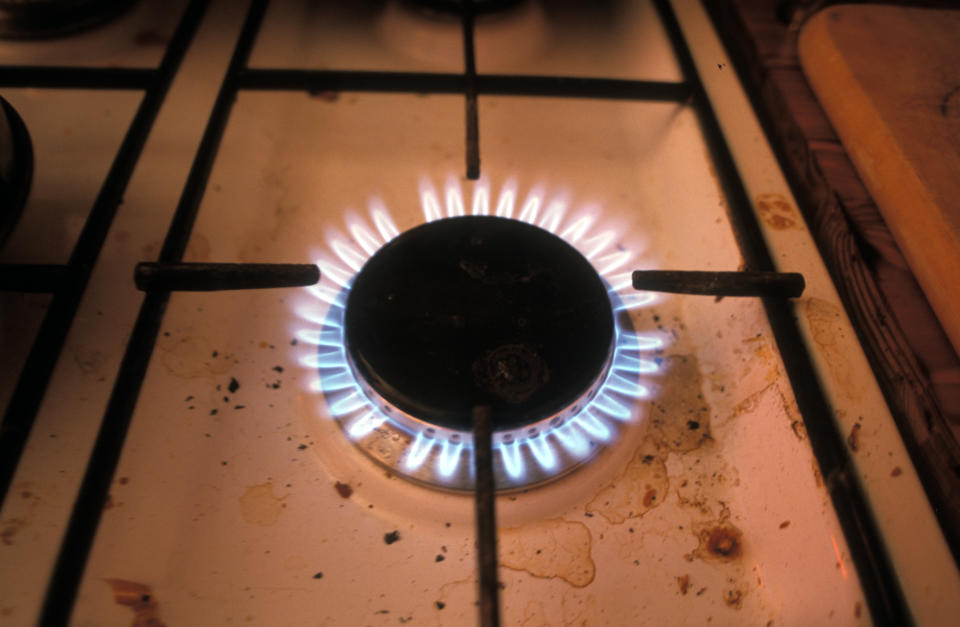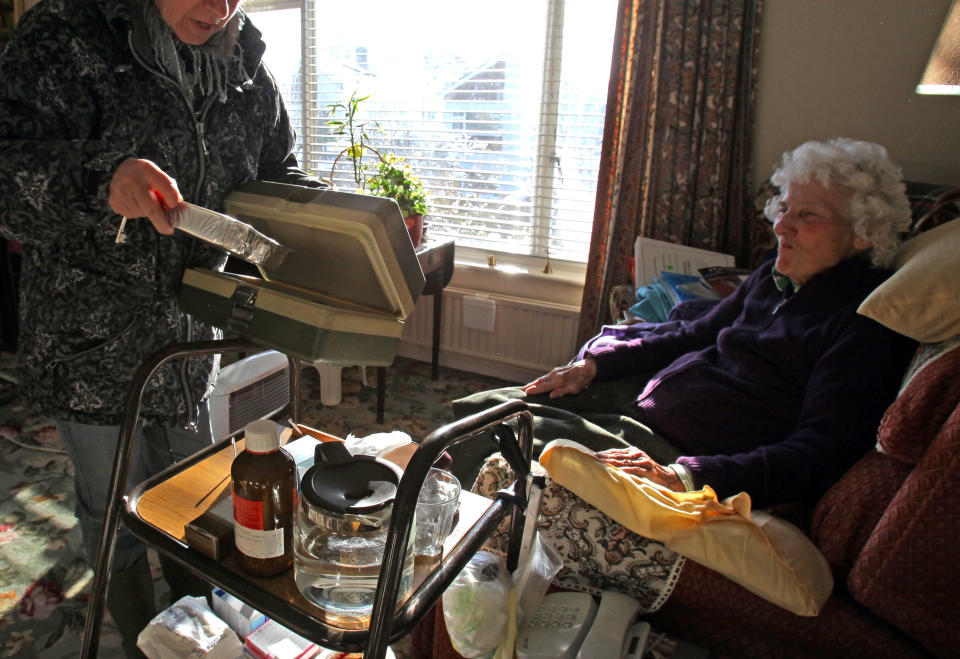Energy bills: Price cap won't save people's lives

Are energy price hikes a scandal? Or is it right that gas and electricity providers keep prices at a healthy level to provide decent returns to their shareholders and ensure big bonuses for their bosses?
If you’re an overseas investor in one of the firms that heats and lights British homes, then presumably your only concern is making as much profit as possible.
MORE: Are you eligible for the energy price cap?
The fact is that most of the Big Six suppliers are foreign-owned. EDF, for instance, is actually part of a business owned by the French government. Meanwhile both E.ON and Powergen are German-owned while Scottish Power is actually Spanish.
Only SSE and British Gas remain under UK ownership.
MORE: Bargain booze and free nappies: This week’s deals and discounts
The firms were flogged off by the government decades ago to introduce competition. But rather than lower prices, the move has led to increasingly higher prices as profits rule the roost rather than customer welfare.
The net result is that millions of Brits now live in so-called fuel poverty, which means they can’t afford to heat their homes properly. Every winter they are forced to make the stark choice between heating or eating.

And the most vulnerable have paid the ultimate penalty for not being able to afford to pay the high cost of heating their home.
Even one unnecessary winter death caused by people being forced to live in a cold home would be scandalous. Shockingly the latest official figures show that there were 24,300 excess winter deaths in 2016.
MORE: Thousands of pensioners ‘risk home repossession’ as government axes mortgage benefit
What is the government doing about the situation? The current Tory government has dusted down and adopted an old Labour proposal from 2015 to introduce a price cap on energy bills.
The aim, in short, is to ensure that people don’t get priced out of being able to afford to pay for gas and electricity. The introduction of a default tariff for struggling people has been one of the key planks in Conservative plans to help protect people from further energy price hikes.
But on Wednesday morning the energy watchdog Ofgem was forced to admit that it won’t be able to force firms to introduce to a cap for 12 million needy households. That’s because it can’t do so without the necessary legislation being passed.
MORE: Watchdog extends energy price cap to one million more UK households
Instead it will make firms move those who currently receive the Warm Home Discount onto a default tariff with a cap.
Is that good news? It actually means that no-one will benefit this winter as the energy price cap will only come in from February, and then only for 1million struggling consumers, as far as I can tell. The remaining 2million or so homes claiming Warm Home Discount will have to wait until winter 2018, under the current proposals.
It will mean millions once more will be shivering in their homes this winter, risking spiralling into debt, and often having to go without food.
Ruth London of Fuel Poverty Actions says: “Ofgem is supposed to be there to protect customers. It is protecting the industry’s profits instead.”
While the government and the energy regulators fail to take action, more people will die unnecessarily.
The debate about the effectiveness of a price cap will rage on, but the rising death toll shames us all.

 Yahoo Finance
Yahoo Finance 
